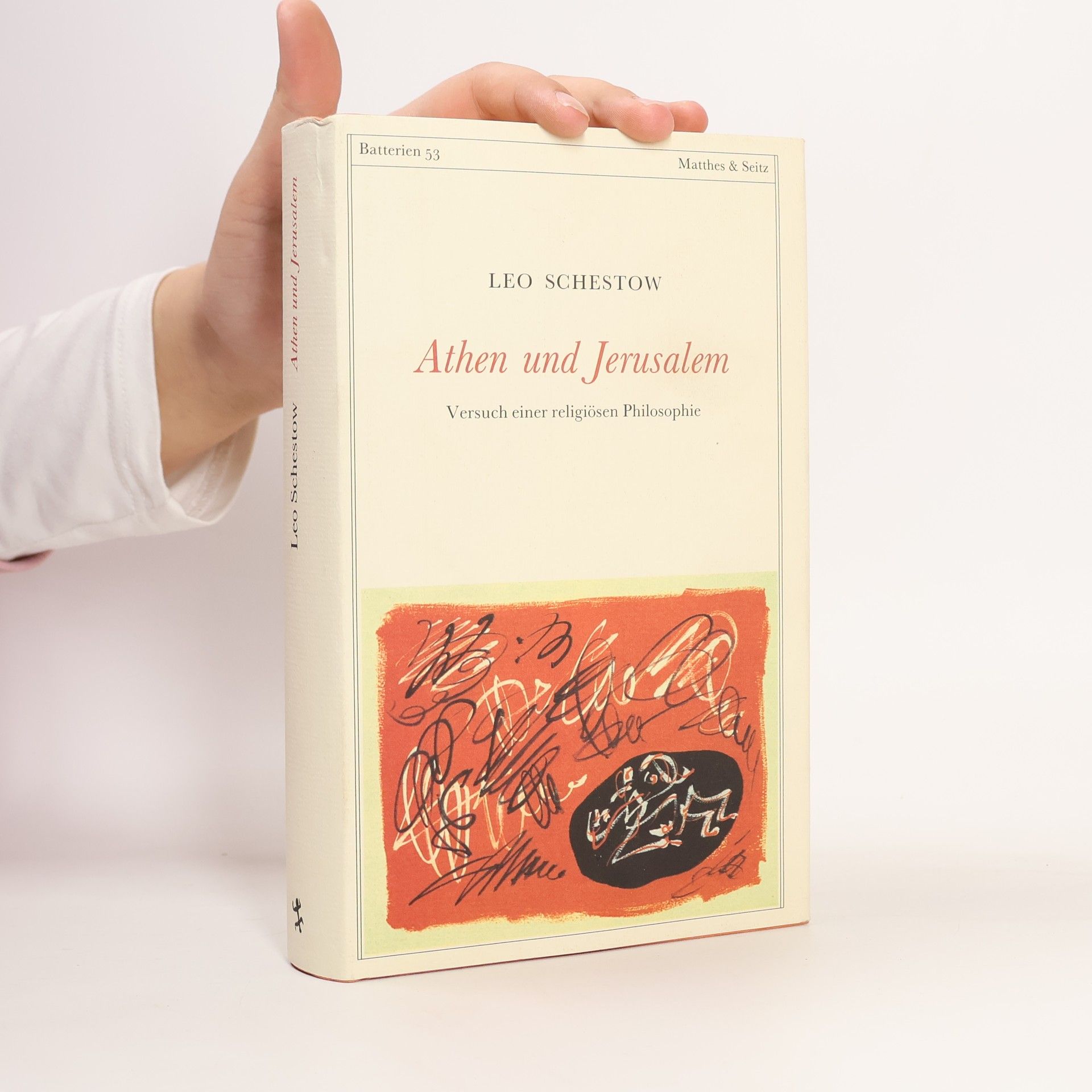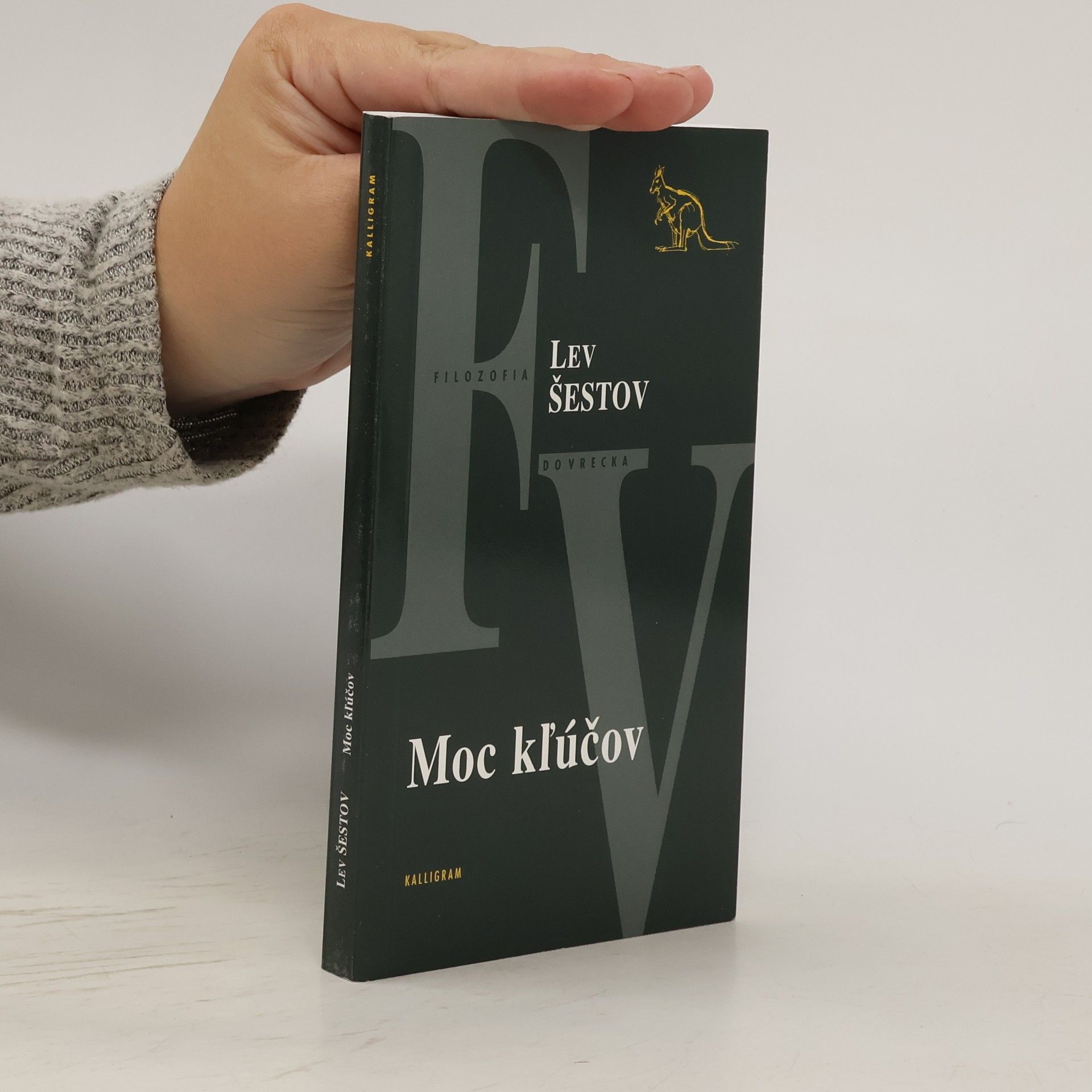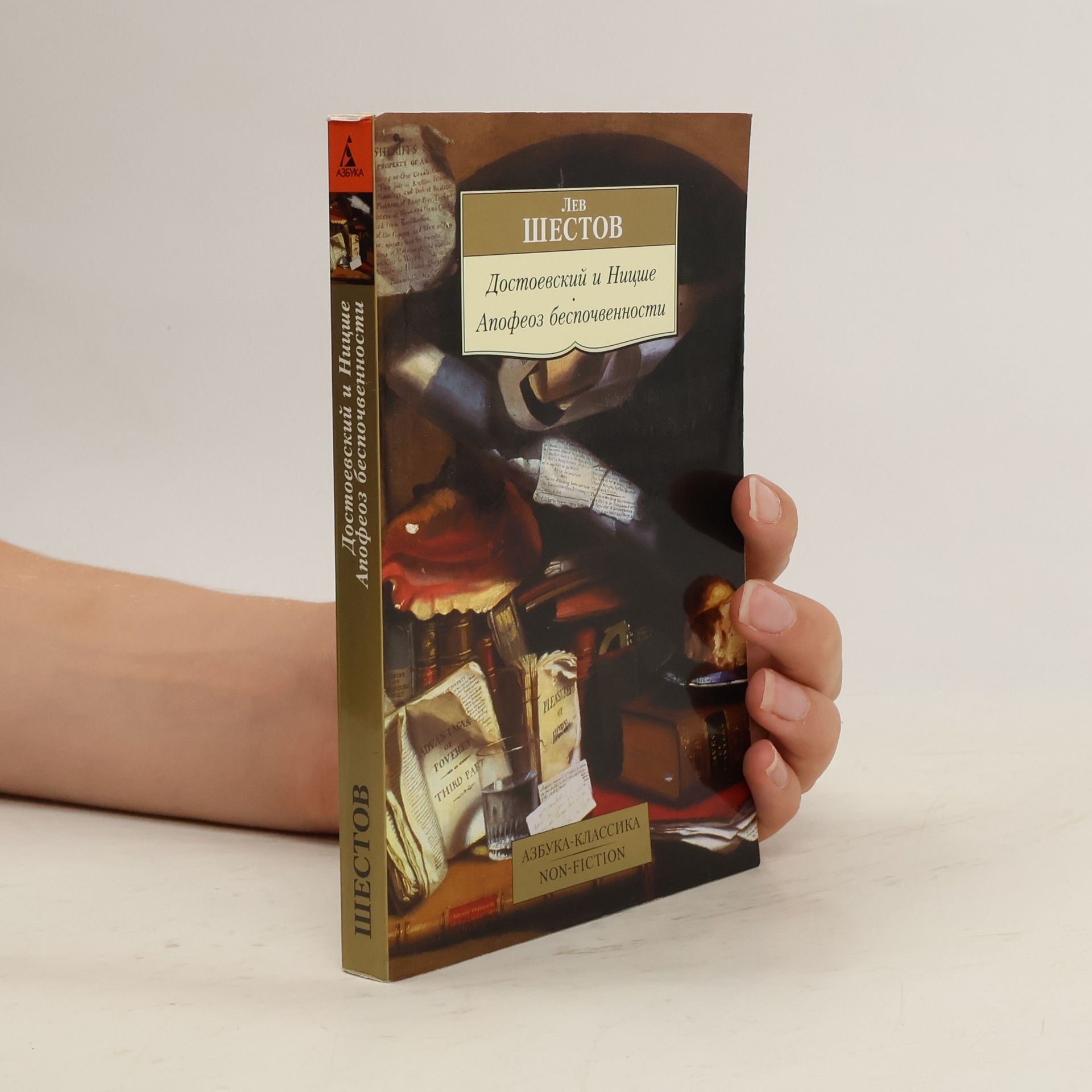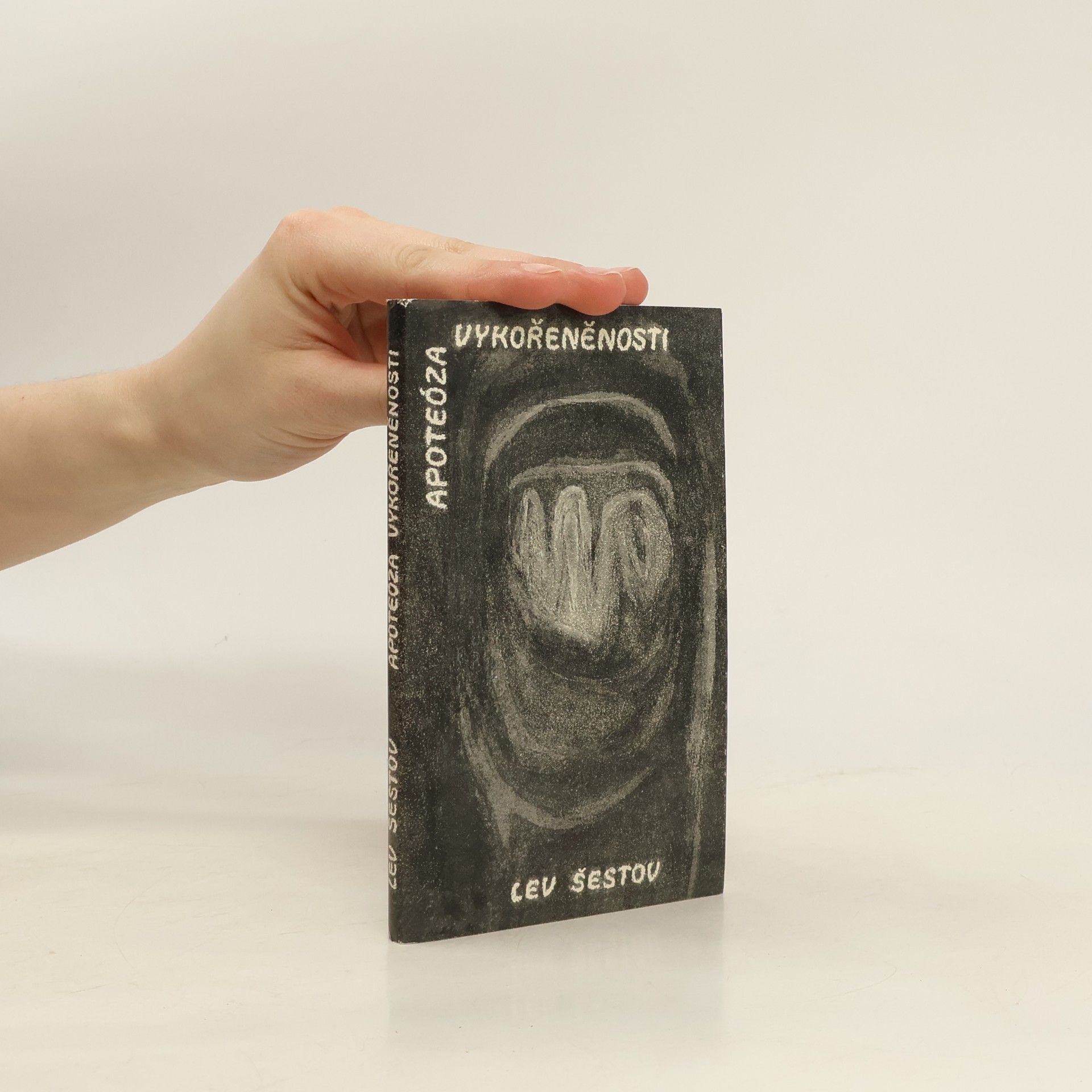Anton Tchekhov and Other Essays
- 108pagine
- 4 ore di lettura
Fusing existential philosophy with literary narrative, this imaginative work explores the interplay between Lev Shestov's profound insights and Anton Chekhov's masterful storytelling. Characters shaped by Chekhov's understanding of humanity navigate Shestov's existential inquiries, creating a narrative that challenges conventional boundaries. The story invites readers to reflect on life's uncertainties, the search for meaning, and the tension between individuality and societal norms, resulting in a thought-provoking and emotionally resonant exploration of the human experience.









